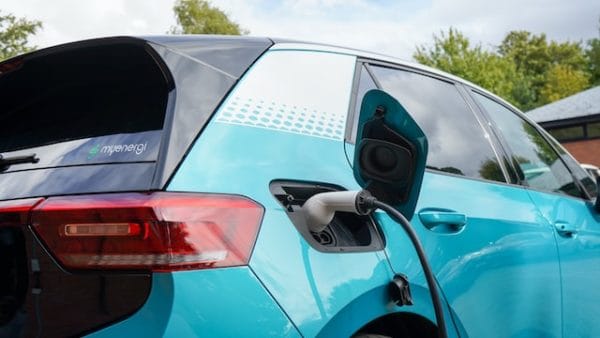Electric vehicles (EVs) continue to skyrocket in popularity. By the end of 2020, there were already more than 10 million EVs on the road globally. This number is expected to increase to a whopping 145 million by 2030. While EVs, in their current form, are already considered technological marvels, a large-scale switch away from gas-run cars will require additional development and innovation. Luckily, no time, effort, or money is being spared in ensuring that electric vehicles continue to meet the ever-changing market needs. Here are just a few of many electric vehicle innovations to keep an eye out for over the next few years.

Wireless Charging Systems are Here to Stay
Although EVs, regardless of their make and model, do have a lot in common, the way they are charged can differ substantially. Battery EVs can, for instance, be charged using a traditional wall socket, or using a Level 2 or DC fast charger. Now, EV owners can look forward to wireless charging options that will work in a similar fashion to the wireless chargers we use for our mobile devices. This type of charging relies on inductive technology and will allow the current charging infrastructure to expand at a rapid rate. Trials that are already underway in the UK indicated that EVs may one day be charged while simply being parked in a certain spot.
Electrified Roads are Becoming a Reality
Although electrifying passenger cars is a wonderful way to reduce carbon emissions, commercial trucks remain the biggest culprits. It is for this reason that projects are underway in various parts of the world to determine whether overhead electrical cables, similar to the ones used by trams, are a viable charging solution for large vehicles. Electrified roads are not a completely new innovation, however, as Sweden has boasted a road that recharges the batteries of vehicles as they drive along it, since 2018.
Charging Set to Become Even Faster
One of the main deterrents of large-scale EV adoption is the extensive charging time. It can, after all, take up to 40 hours for a Level 1 home charger to fully charge an EV battery. In 2021, a German company developed battery buffering technology that claims to charge an EV battery sufficiently to travel 62 miles in just 10 minutes. Now, a year later, more ultra-fast charging options are materializing. The Hyundai IONIQ 5 and Kia EV6 are just two EVs that require only 5 minutes of charging with a 250kW charger to add 60 miles of range. It is expected that, within the next few years, this charging time can be reduced even more, making it possible to undertake long journeys with minimal charging time.
EVs have already revolutionized the way we drive. With all the tech innovations to look forward to, large-scale EV adoption is fast becoming a reality.
 Gearfuse Technology, Science, Culture & More
Gearfuse Technology, Science, Culture & More


